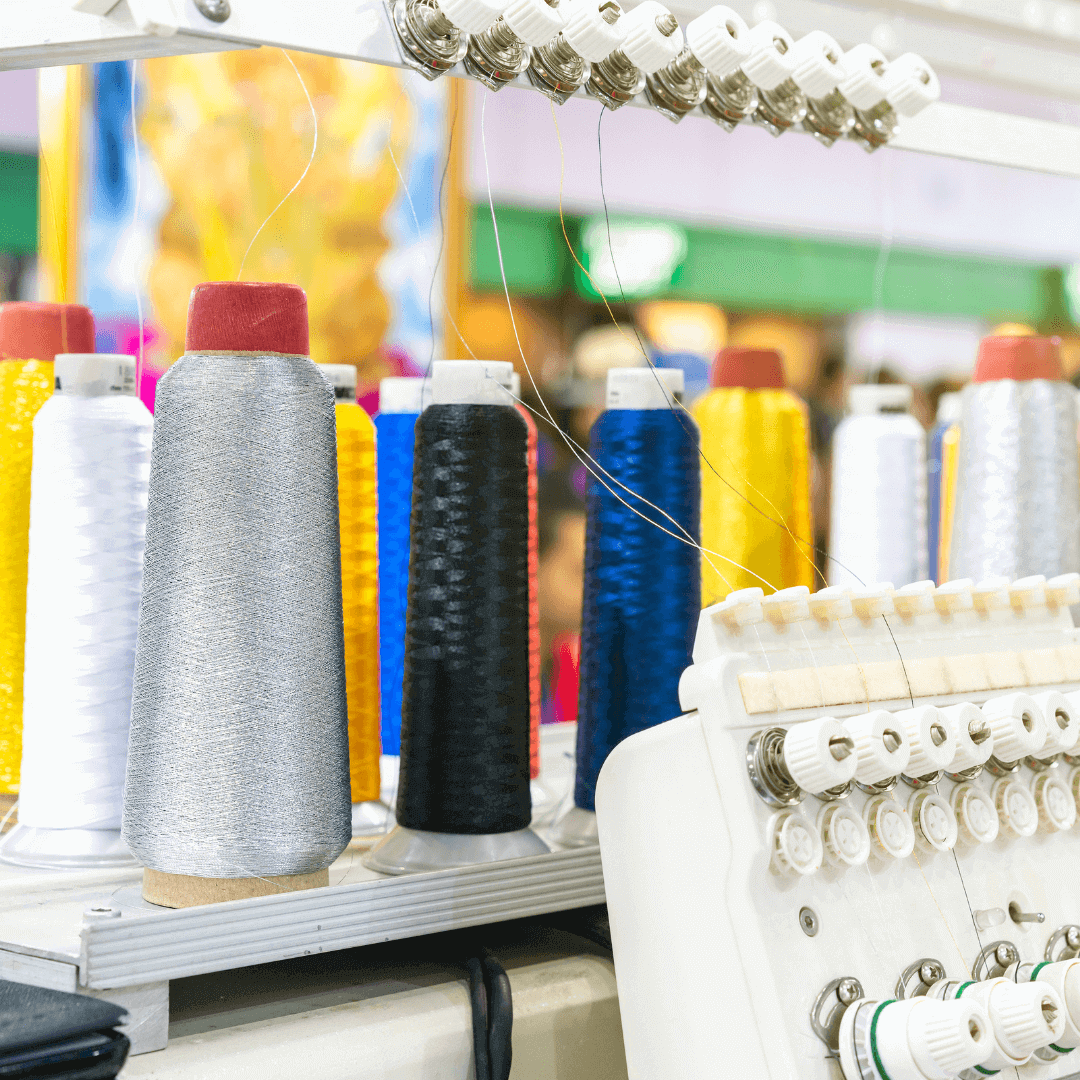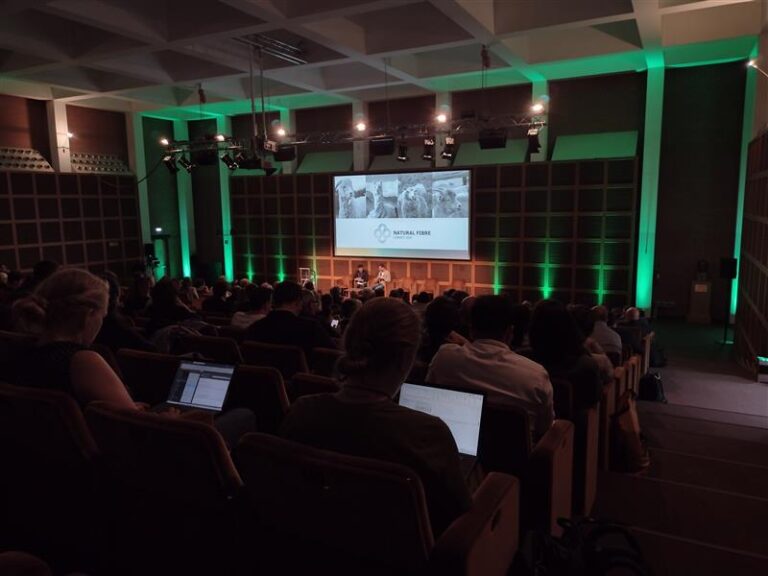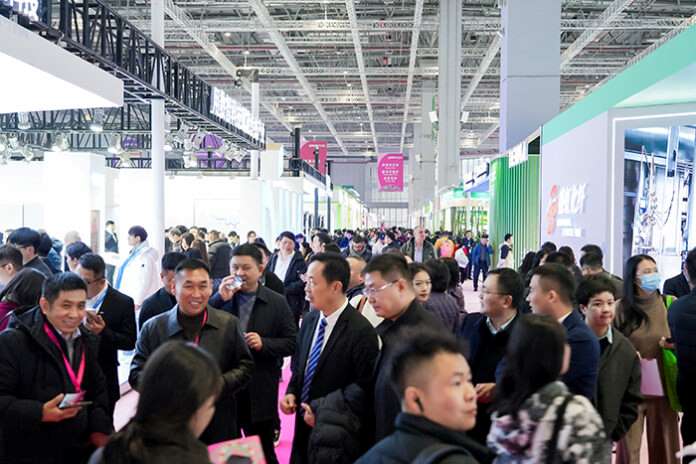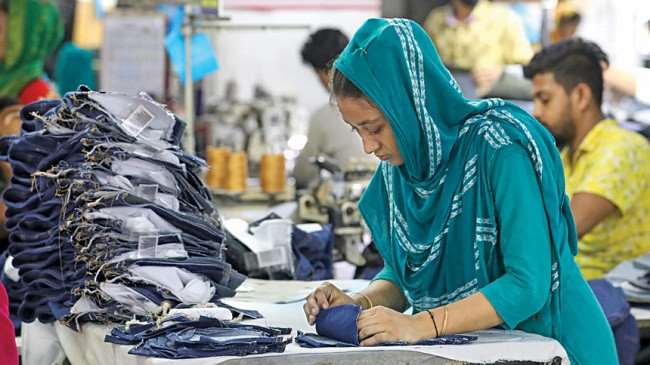FW
Tanzania has embarked on a plan to enhance its cotton productivity. While production was 3,50,000 tons in 2011-12, it went down to 246 tons in 2012-13, slumping further to 201 tons the following year. Lack of a reliable input supply system and frequent changes in world market prices are affecting performance in yield per hectare.
There has been an increase in cotton farming and ginning capacity with the number of ginneries increasing from 36 in 1993 to 56 ginneries now. The number of cotton buyers has also increased to about 35 companies. The problem of poor seed germination can be dealt with through contract farming where farmers' business groups will be centers of cotton sales and custodians of their own products. In contract farming, the system of using cotton agents' ginners would be abolished. Such a model of cotton production will not only assure farmers of better seeds for planting but will also ensure quality yields and high income since cheating through weighing scales will no longer be there Tanzanian cotton, is 100 per cent rain fed and is produced by small scale farmers owning farmland of between two to 10 hectares. An average 4,00,000 hectares is grown each season at an average 300 kg per hectare yield.
The natural silk industry in Cambodia is on the verge of extinction. The widespread use of pesticides has damaged the health of silkworms. Thus producers have had to rely on imported synthetic fibers to meet demand. Global demand for silk in recent years has remained between 300 and 400 tons but the production of natural silk in Cambodia has continued to fall, and now it’s only one ton a year. The problem lies in the extensive use of chemicals on farms. Villages use chemicals on their rice crops, and in agriculture, which badly affect the silkworms. Silkworms living in polluted environments produce poor quality and smaller amounts of silk. An unhealthy silkworm produces up to 100 meters of threads in its lifetime. A healthy silkworm can produce nearly five times that. The Cambodian hand-woven silk industry is characterized by strong skills base and a long traditional heritage. Weaving and wearing silk is a cultural and social tradition in Cambodia. Silk is a prestigious fabric and very popular among Cambodians. The country is known for its silk handicrafts. Silk is a significant item in the country’s export basket and is an important source of employment for women and households in rural areas.
News and indices of worldwide cotton marketing and prices. Put simply, stay ahead of the game by being well informed about your developments affecting your competitors and customers, and gain insight into independent views on cotton market developments.
Research, development and innovation to benefit wool producers. This is a specialised section of the wool industry with limited supply and very specific requirements in terms of processing performance.
Considering the frightening level of violence Pakistan has experienced, the country may lift the ban on executions. But this decision has made textile exporters worried. They feel Pakistan may lose duty benefits that it enjoys under the Generalised System of Preferences (GSP) Plus scheme. Exporters believe that the government should convince the European Union not to suspend the GSP scheme.
If the EU Parliament does not agree with the government’s decision of lifting the moratorium on execution, the probability of losing the GSP Plus status is very high. The hope is that after such a hideous incident the EU will not act against Pakistan’s GSP Plus status. Some textile companies’ exports are highly sensitive to the GSP Plus status. There are companies that export around 55 per cent of their products to EU countries. So any revision will damage their profitability.
Some exporters believe that since the GSP Plus scheme was granted with conditions, the country has to comply with the 27 international conventions, including the clauses on human rights that disallow the signatory country to abolish the death penalty. And since Pakistan has now lifted the self-imposed ban on the death penalty, it may lose the GSP Plus scheme in the EU.
Pakistan and the Netherlands along with other international bodies have collaborated to uphold international standards and practices in the textile and garment industry. This is the beginning of a process, which started in January 2014 and was agreed to at a meeting in Washington DC in September 2014. It brings together buyers, brands, manufacturers, governments, workers and employers’ organisations. The aim is to create a platform for dialogue to improve their cooperation toward a sustainable growth of the sector improving competitiveness and compliance with international standards.
The Netherlands has good relations with Pakistan. It has supported numerous development projects in Pakistan. The two countries are major economic partners. The Netherlands is the fourth largest foreign direct investor in Pakistan. The Netherlands and Pakistan are major trading partners. Of the European Union member states, the Netherlands is Pakistan’s fifth largest export destination. The Netherlands imports primarily textiles, woven fabrics and bedding from Pakistan and exports oil and oil products, machinery and chemicals to Pakistan. The Netherlands has made a shift in its policy from development and aid to trade which will result in enhancement in the trade volume between the two countries.
VF Corporation and the World Bank Group's International Finance Corporation (IFC) have provided loans to three Bangladeshi garment factories under a new funding program for fire and building safety improvements. Through the financing arrangement, apparel and footwear giant VF provides a full guarantee for up to $10 million that the IFC and its partner, BRAC Bank, lend to the company's contract suppliers.
This guarantee makes it possible for IFC to lend at lower interest rates. It is designed to help VF suppliers in Bangladesh overcome financial obstacles to improving workplace safety conditions. The first three loans have been issued to Arunima Sportswear, Olio Apparels, and Radisson Apparel. The owners will use the capital to invest in safety upgrades such as the installation of fire sprinklers, fire doors and detection systems, along with other necessary repairs and safety precautions.
Providing these loans to help supplier factories fund the necessary improvements is another positive step forward in VF's efforts to ensure the safety of the people making VF’s products in Bangladesh. The program is part of VF's efforts to help suppliers achieve performance standards for assessing and managing environmental and social risks and impacts, and labor and working conditions.
It is also designed to help enable factory owners meet the stringent standards set forth by the Alliance for Bangladesh Worker Safety, of which VF Corporation is a member.
www.vfc.com/
Shanghai Challenge Textile Company, a Chinese company, has purchased 14.6 million shares of Pakistan’s Masood Textile Mills. This is a first-of-its-kind deal in Pakistan in which a Chinese group has acquired a majority stake in a local textile company. Chinese investors hope to have the advantage of better cotton prices and cost-effective labor by investing in a Pakistani company.
Masood Textile Mills is a vertically-integrated textile manufacturing company with in-house yarn, knitting, fabric dyeing, processing, laundry and apparel manufacturing facilities. It posted a pre-tax profit of Rs1.1 billion in 2013, which was 13 per cent higher than its pre-tax earnings in the preceding year. It produces value-added textile products, whose exports to the European Union are expected to increase due to the GSP Plus status that Pakistan has received.
Shanghai Challenge Textile Company is engaged in the production and distribution of high-graded outdoor fabrics and apparels. The company operates its business through weaving, dyeing and processing of knitted fabrics as well as the production and distribution of apparels, accessories and specialty textile products.
China is investing billions in Pakistan. These are mostly centered around the energy sector. Pakistan suffers from chronic electricity shortages and has long sought investments in coal-fired power stations. Chinese companies will help build at least four new power stations in Pakistan, while the deals also cover the supply and mining of coal.
www.challenge-21c.com/en/
Pakistan is yet to announce the new textile policy for 2014-19. This has created a lot of uncertainty for exporters. The government had announced several schemes in the Budget for 2014-15 as a part of the new textile policy, but in the absence of any textile policy, the sector is not getting the benefit of these schemes.
The textile sector contributes about 55 per cent to the country’s exports, besides providing millions of jobs. However, there has been no sign of a textile policy for about five and a half months. The previous textile policy (2009-14) failed to meet its targets. Initiatives could not be implemented due to shortage of funds and the energy crisis.
As announced in the finance bill 2014-15, a sum of approximately Rs 80 billion has been earmarked for the textile sector support schemes over a period of five years. Drawback for local taxes and levies would be given to exporters of textile products on FOB values of their enhanced exports on an incremental basis if increased beyond 10 per cent over the previous year's exports at the following rates; garments four per cent, made-ups two per cent and processed fabric one per cent. The incentives will be provided to exports made in 2013-14 (calendar year 2014) compared to exports made in 2012-13 (calendar year 2013).
A business directory has been launched for the benefit of Bangladesh entrepreneurs. It contains more than 25,000 addresses of global apparel buyers in 160 countries. The aim is to help Bangladesh entrepreneurs expand their export destinations and thus post higher growth of exports.
It also gives information such as import statistics, lists of importable items, and tariff and non-tariff structures on knitwear and woven garments across the globe. Bangladesh hopes to become a middle income country by 2021 and to reach export earnings of $50 billion. The country has started exporting goods to non-traditional markets apart from the traditional ones. Chile, for instance, will grant Bangladeshi products duty-free market access from January 2015.
The readymade garment (both woven and knit) sector is a prime source of the country’s foreign currency incomes. Of the over four million employed in apparel sector 80 per cent are women. Knitwear factories in Bangladesh have maintained an aggregate 12 per cent growth. There are efforts to increase knitwear exports by seven per cent within the next seven years.
However, a serious hurdle exporters face is that of irregular supply of power, gas and water. As a result knitwear factories are now running to just 60 per cent of their capacity.












